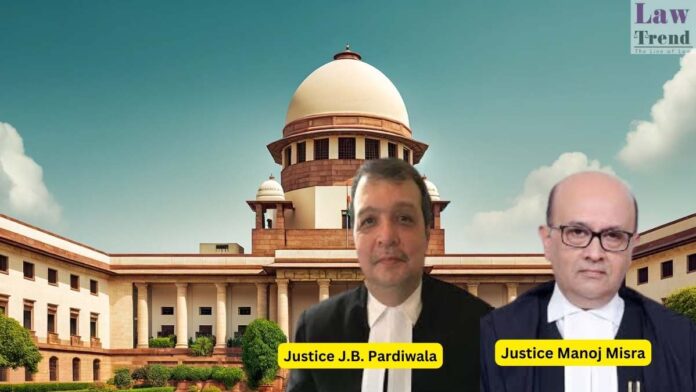In a significant judgment delivered by a bench comprising Justice Manoj Misra and Justice J.B. Pardiwala, the Supreme Court of India ruled that a petition to quash an FIR does not become infructuous merely because a police report under Section 173(2) of the Criminal Procedure Code (CrPC) has been submitted. The Court emphasized that judicial
To Read More Please Subscribe to VIP Membership for Unlimited Access to All the Articles, Download Available Copies of Judgments/Order, Acess to Central/State Bare Acts, Advertisement Free Content, Access to More than 4000 Legal Drafts( Readymade Editable Formats of Suits, Petitions, Writs, Legal Notices, Divorce Petitions, 138 Notices, Bail Applications etc.) in Hindi and English.




